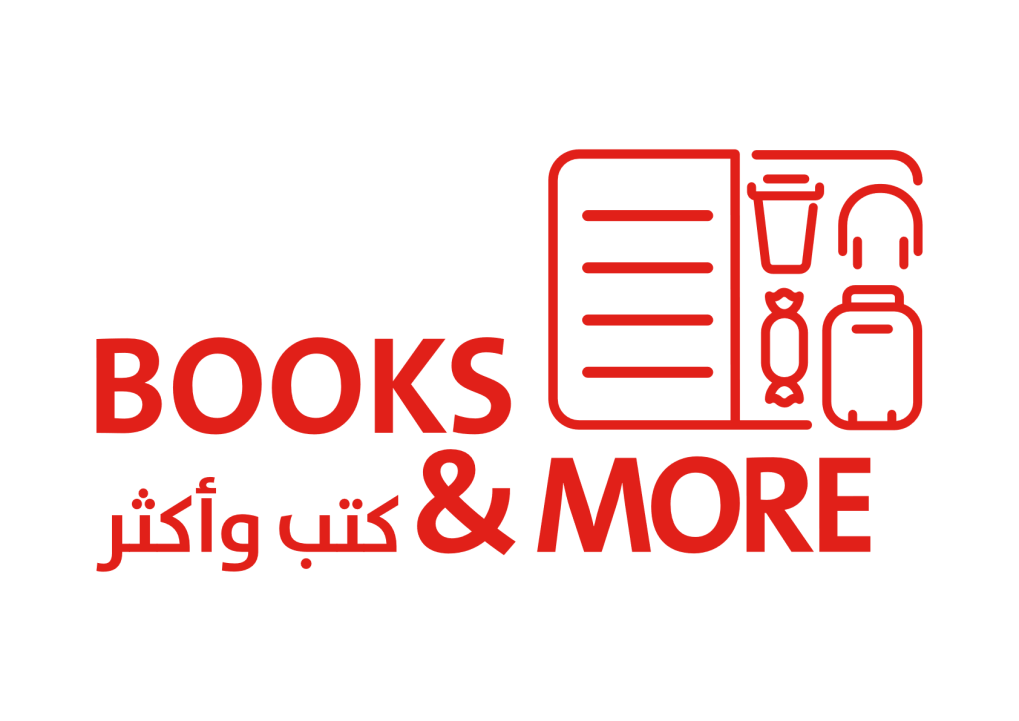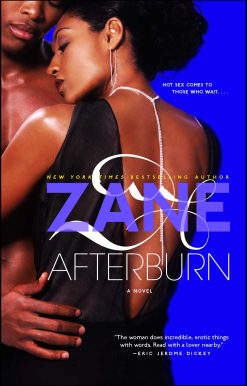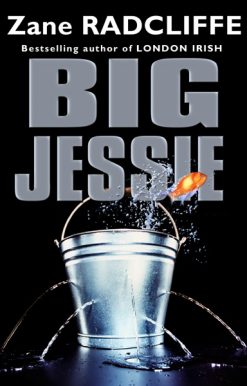Description
SHORTLISTED FOR THE 2022 INTERNATIONAL BOOKER PRIZE
“A raw, painful, and tender portrait of adolescent misery… This book is very likely to make you cry.”–Lily Meyer, NPR
With profound tenderness and sensitivity, Japanese literary superstar Mieko Kawakami turns her unique gaze onto the causes and effects of violence. Raw but revelatory, this novel stands as a dazzling confirmation of Kawakami’s standing as one of her country’s most insightful and compelling novelists.
In Heaven, a shy high-school student is subjected to bullying from his classmates and the only person capable of understanding his ordeal is a young classmate who suffers similar treatment at the hands of her tormentors. Each finds in the other a unique sensibility capable of offering not only solace but also a fresh perspective on their predicaments.
Additional information
| Weight | 0.2 kg |
|---|---|
| Dimensions | 1.27 × 12.45 × 19.56 cm |
| Format | Paperback |
| language1 | |
| Pages | 176 |
| Year Published | 2022-8-16 |
| Publication City/Country | USA |
| ISBN 10 | 1609457455 |
| About The Author | Mieko Kawakami is the author of the internationally best-selling novel Breasts and Eggs, a New York Times Notable Book of the Year and one of TIME's Best 10 Books of 2020; and the highly-acclaimed Heaven, her second novel to be translated and published in English, which Oprah Daily described as written "with jagged, visceral beauty." Born in Osaka, Japan, Kawakami made her literary debut as a poet in 2006, and in 2007 published her first novella, My Ego, My Teeth, and the World. Known for their poetic qualities, their insights into the female body, and their preoccupation with ethics and modern society, her books have been translated into over twenty languages. Kawakami's literary awards include the Akutagawa Prize, the Tanizaki Prize, and the Murasaki Shikibu Prize. She lives in Tokyo, Japan. Sam Bett studied Japanese at UMass Amherst and Kwansei Gakuin University. Awarded Grand Prize in the 2016 JLPP International Translation Competition, he has translated fiction by Yoko Ogawa, Yukio Mishima, and NisiOisin. He also co-hosts Us&Them, a Brooklyn-based reading series showcasing the work of writers who translate. His translation of Yukio Mishima's Star (New Directions, 2019) won the 2019 Japan-U.S. Friendship Commission (JUSFC) Prize for the Translation of Japanese Literature. Together with David Boyd, he is the translator of Kawakami's Breasts and Eggs and Heaven. David Boyd is Assistant Professor of Japanese at the University of North Carolina at Charlotte. He has translated novels and stories by Hiroko Oyamada, Masatsugu Ono and Toh EnJoe, among others. His translation of Hideo Furukawa's Slow Boat (Pushkin Press, 2017) won the 2017/2018 Japan-U.S. Friendship Commission (JUSFC) Prize for the Translation of Japanese Literature. Together with Sam Bett, he is the translator of Kawakami's Breasts and Eggs and Heaven. |
| Review Quote | "Impeccably translated by Sam Bett and David Boyd, the book is full of masterly set pieces of violence, scenes of senseless bullying so lucid you can almost feel the pain yourself… The dissonances of the novel align into perfect vision for the breathtaking ending, which is an argument in favor of meaning, of beauty, of life."–Nadja Spiegelman, The New York Times Book Review "If you enjoyed Meiko Kawakami's brilliant Breasts and Eggs, you're certain to be astonished by her latest novel exploring violence and bullying with fierce, feminist and damning candor."–Ms. Magazine "This is the real magic of Heaven, which shows us how to think about morality as an ongoing, dramatic activity. It can be maddening and ruinous and isolating. But it can also be shared, enlivened through writing and conversation, and momentarily redeemed through unheroic acts of solidarity."–Merve Emre, The New Yorker "Heaven takes on the issue of bullying, and why a victim might choose not to fight back. Two teenagers bond over their torment, and their passive response reveals many kinds of societal injustice."–The Washington Post "A raw, painful, and tender portrait of adolescent misery…This book is very likely to make you cry."–Lily Meyer, NPR "Japan's Mieko Kawakami, a rising young star in the literary scene, returns with a raw story of bullying and pain, but also friendship."–Lesley Kennedy, CNN Underscored "But how can a relationship really last when its foundation is built on shared experiences of humiliation? The author moves toward an answer in this quietly devastating tale of middle school drama."–TIME Magazine ★ "Kawakami unflinchingly takes the reader through the abyss of depraved, dehumanizing behavior with keen psychological insight, brilliant sensitivity, and compassionate understanding. With this, the author's star continues to rise."–Publishers Weekly (Starred Review) ★ "The author of Breasts and Eggs takes on another subject seldom tapped in literary fiction and blows it open with raw and eloquent intensity…An unexpected classic."–Kirkus Reviews (Starred Review) ★ "Raw and vivid…[Kamakami's] sensitive, evocative storytelling sets her apart as an incredible literary talent."–Booklist (Starred Review) "Kawakami writes with jagged, visceral beauty about those early antagonists we carry around in our heads, scars we bear into adulthood, 'caught in the undertow' of hormones and sorrow."–Oprah Daily "Kawakami never lets us settle comfortably, which is a testament to her storytelling power. Long after finishing the novel, I find myself recalling its harrowing details and troubling contradictions."–Los Angeles Review of Books "One of Japan's brightest stars is set to explode across the global skies of literature."–Japan Times "Heaven further confirms Kawakami's superb literary ability to expose and disturb."–Smithsonian Book Dragon "In a sense, Heaven is high modernism, vivid and sincere, but with an indefatigability and broad-mindedness that belongs without a doubt to the current moment."–Harvard Review "While Kawakami refuses to give us answers, the elegance and care with which she describes her characters' lives invite the reader to ask such questions of themselves. This is not a cruel story, but rather one that understands hurt and pain for what it is: universal, unjust and material for new life."–BookPage |





